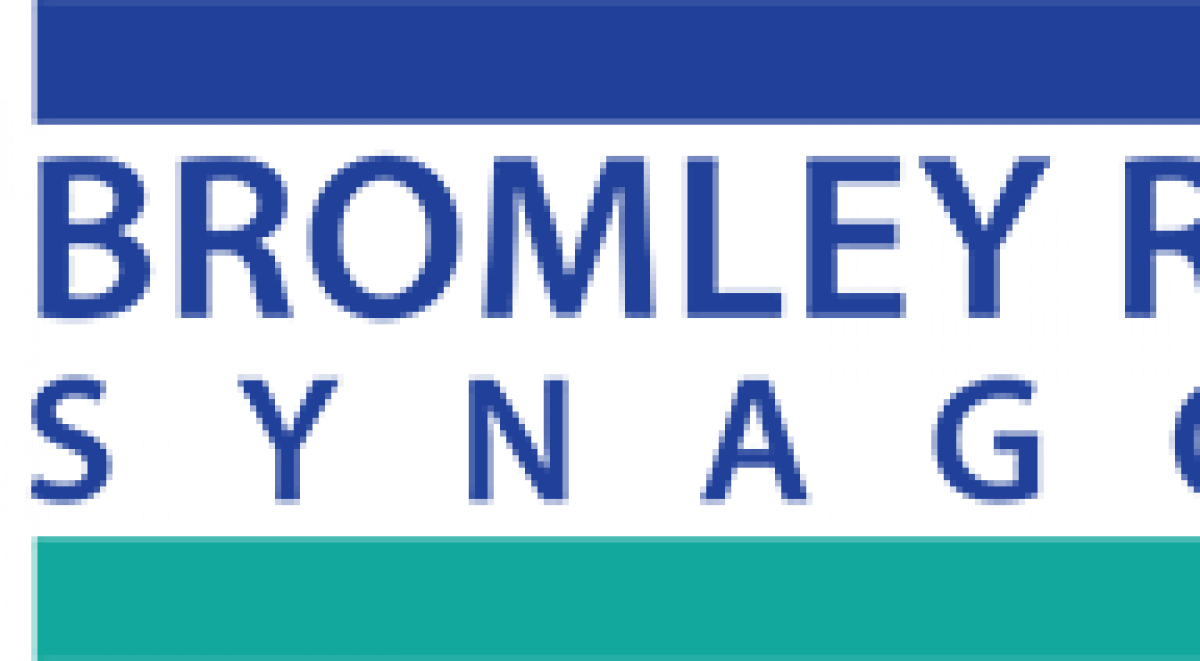
Dear Friends,
I grew up in Florida, in a fairly small city with a very small Jewish community. Nearly every Jewish person that I knew was Reform, except for a few who were Conservative (Masorti).
When I was sixteen, my small synagogue in Florida took its teenage youth group on a trip to New York City. When we were there, we were shown many different kinds of Jews who looked and acted very differently from us. It was the first time that I ever met an Orthodox Jew. After visiting an ultra-Orthodox Jewish community in Brooklyn, I remember asking my rabbi why they seemed so different from us if we’re all Jewish. He responded that the single largest difference was that they believed that the entire Torah, and the rest of Jewish tradition as well, came directly from God. Non-Orthodox Jews, however, believe that people helped to create Jewish tradition, including the Torah, and therefore how we understand that Judaism changes over time. He said that he was raised Orthodox, but couldn’t accept the Torah in its entirety as God’s word and will. It was the first time that I ever heard about this fundamental difference between Progressive and Orthodox Judaism. As time went on, I made a conscious decision that Judaism was going to be a serious part of my life, but I also had to think about what I believed in and what kind of Jew I wanted to be.
After learning more, I came to agree with my childhood rabbi. I couldn’t see any way that it was written by one author or even had a good grasp of either history or science. It placed iron instruments in the bronze age, domesticated camels in a region where they weren’t domesticated for centuries later, one part of the Torah misquoted another part, and so on. Once I studied this in-depth, I concluded that there was no possible way for me to be an Orthodox Jew. It’s not just that I couldn’t accept their claims on faith, it’s that there was too much evidence to the contrary.
Furthermore, I very much appreciate the values of Reform Judaism. Reform Judaism teaches that while we may not be able to accept all of our tradition, we can still to connect with much of Jewish wisdom and inspiration.
Reform Judaism provides an opportunity to be a part of a meaningful ritual life. Reform Judaism speaks with the voice and spirit of prophetic Judaism, committed to social justice. Reform Judaism believes in individual choice. Reform Judaism is egalitarian – women and men are both fully empowered. Reform Judaism is welcoming. Mixed-faith families, Jews-by-Choice, and Jews who are gay, lesbian, bisexual or transgender all have a dignified place in our movement.
I am proud to be a Reform Jew. Yet, however much our group affiliations and our identities frame who we are and guide our lives, we must remember our shared humanity. We have much to learn and much to gain by actively being a part of both the greater Jewish and non-Jewish communities. In fact, for me, doing so is an expression of my Reform Jewish beliefs.
I seriously began thinking about what it means to be a Reform Jew as a teenager. Now, even as an adult, that process is continuing for me. You are welcome to join me, and we can explore together.
